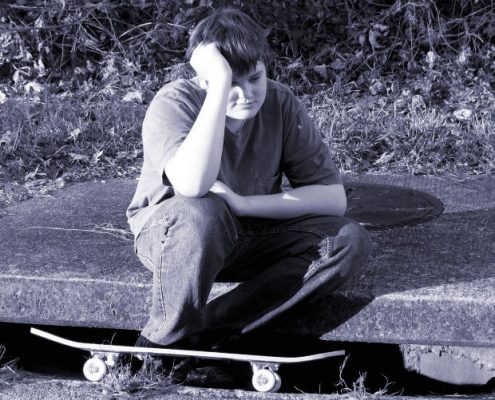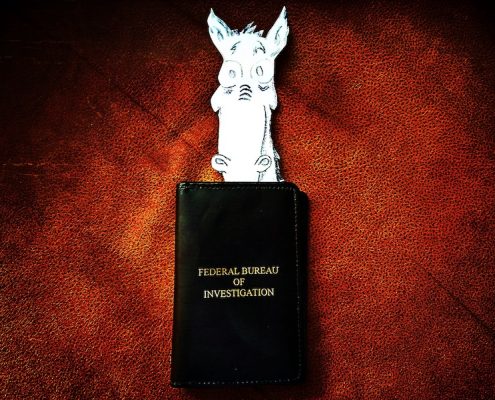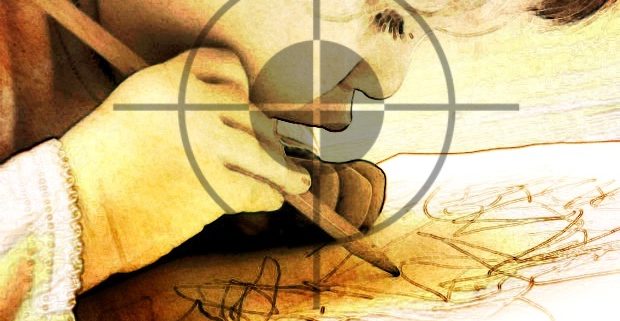School shootings are rarely sudden and spontaneous acts. While the time between the attack and the onset of the plan may be short, there is usually a period of planning that could afford law enforcement time to act and prevent the incident. However, it is important to note that officials must often rely on tips and information from the public and it is those tips that must be pursued.
Prior to most incidents of violence, including school shootings, other people knew about the attacker’s plan. Typically, though, this information is known to other school kids or even siblings. But rarely are adults notified.
The targets/victims of these attacks are seldom given warning or notice. Instead, other indicators are often present that should alert school officials to potential trouble brewing (bragging about owning guns, etc.). When officials are made aware of potential threats they should investigate immediately. To the troubled student, a failure to act may seem like an open invitation to carry out an attack.
The use of profiling is, well, practically useless when it comes to identifying school shooters. This is so because most kids who “fit” the profile would never engage in such activity. Therefore, instead of profiling as agencies often do in the case of serial killers, etc., officials should focus on the individual’s behavior and their communications via social media and through spoken word.
Prior to an attack, most school shooters engaged in behavior that caused others concern or presented signs that the student was in dire need of some type of help.  An intervention is required; however, it is important that officials not disgrace or embarrass the student/suspect.
An intervention is required; however, it is important that officials not disgrace or embarrass the student/suspect.
Severe personal loss (death of a loved one, for example) or personal failure are often factors in the motives of school shooters. Some have even attempted suicide.
Many shooters felt bullied prior to the assault … their motive for pulling the trigger.
Most school shooters had easy access to weapons prior to the incident and many practiced shooting, regularly. Parents absolutely must monitor the storage and use of ALL firearms in the home. This is in addition to monitoring a child’s online activity and activities with friends in and outside of school.
Other students are sometimes involved in some capacity. For example, they’ve heard their classmate talking about their goal(s).
Despite the best intentions and absolute quickest response time of patrol officers, most school shootings are stopped by someone other than law enforcement. In fact, most shootings were so brief they were over before police arrived.
Obviously, reactive policing (investigating after the fact) is not the answer to this problem. A proactive approach is needed and that could include a bit of old fashioned information gathering (student behavior and communications).
Law enforcement has no means of knowing which students/kids have the propensity to carry out such a horrific act. Therefore, it is up to school officials to make the initial assessment(s).
In addition, that information should be shared with law enforcement, and together the police and school officials could evaluate the facts and zero-in on students who’re planning to attack.
To make this work, laws preventing the sharing of information with law enforcement may need modifying (in some states). And, school officials MUST be willing to work with law enforcement. Sadly, some school officials refuse to do so.
I know the knee-kjerk reaction is to confiscate all guns, but it’s not going to happen. Besides, that alone will not stop some from carrying out their murderous intentions.
By the way, the information above is from the paper:
THE FINAL REPORT AND FINDINGS OF THE SAFE SCHOOL INITIATIVE:
IMPLICATIONS FOR THE PREVENTION OF SCHOOL ATTACKS IN THE UNITED STATES
UNITED STATES SECRET SERVICE AND UNITED STATES DEPARTMENT OF EDUCATION
The paper was written, published, and made available to officials in 2004. Yes, 14 years ago, our government knew this problem existed and had plans and ideas in place to stop school shootings. The ball was dropped by many, many people who could’ve had a hand in preventing shootings by picking up on the warning signals exhibited by potential killers.
Who knows, had officials (school and law enforcement) taken a moment to read the paper written by the Secret Service, parents in Florida this week might not be attending the funerals of their children.
So, what are your thoughts as to how to make schools safer? Armed officers in the hallways and patrolling the perimeter? Security fencing? An indoor Sally Port where anyone who enters the school must be buzzed into the waiting area where an officer could check to be sure all is okay before allowing them entry through the second door into the school. Armed teachers and cafeteria workers?
 And, do you believe the FBI dropped the ball on the Florida school shooter? Had they investigated the leads would/could they have prevented the tragedy?
And, do you believe the FBI dropped the ball on the Florida school shooter? Had they investigated the leads would/could they have prevented the tragedy?
*Please, no cop-bashing, politics, politician-bashing, etc. Just simple, thoughtful responses.


